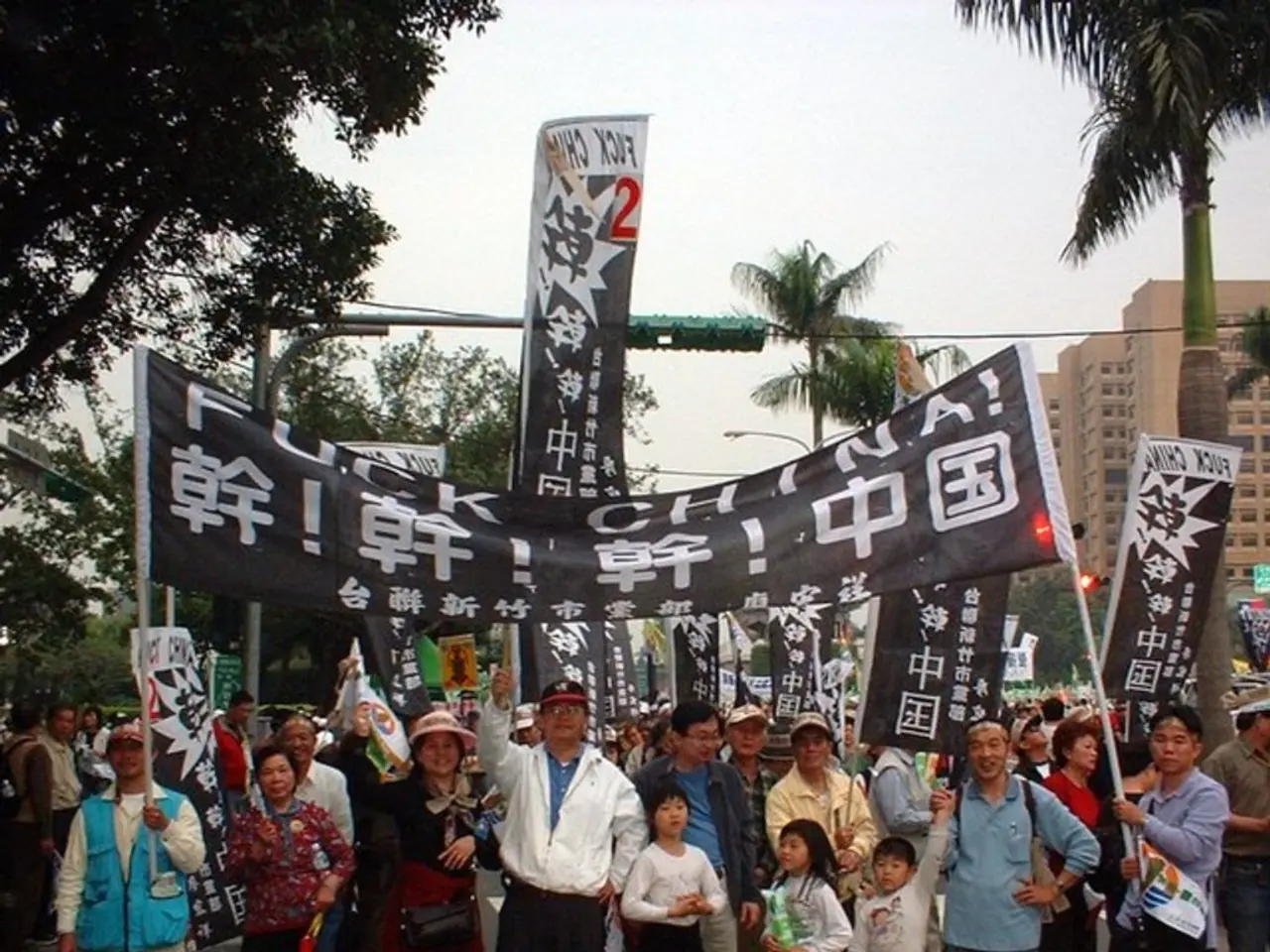Stay Away from Exhaustion: Engage Without Overexerting
Navigating the Era of Outrage Fatigue: A Guide to Resilience
In today's polarized society, outrage has become a dominant force in public discourse, often overshadowing reasoned debate and critical thinking. This phenomenon, known as "outrage fatigue," can have harmful consequences, according to Tanya Lewis, a senior editor at Scientific American covering health and medicine.
Outrage fatigue stems from repeated experiences of moral transgressions and becoming desensitized to them over time. The heightened emotional response triggered by outrage makes such content more engaging and likely to be shared, leading to a vicious cycle of amplification. This, in turn, can overshadow important issues in public discourse.
To combat outrage fatigue, a multi-faceted approach is required. Here are some strategies:
- Limit Exposure to Outrage Content: Curate your media consumption by reducing time spent on highly partisan or sensationalized news and social media that fuel outrage.
- Practice Critical Thinking: Evaluate information critically to distinguish between genuine issues and exaggerated or misleading provocations that incite anger.
- Engage in Empathy and Perspective-Taking: Try to understand the experiences and values of those with differing viewpoints, which can reduce automatic emotional reactions.
- Focus on Constructive Action: Channel feelings of frustration into positive activities, such as volunteering, community organizing, or advocacy, rather than passive outrage.
- Foster Civil Dialogue: Promote respectful conversations across divides, focusing on shared values and solutions rather than blame or moral superiority.
- Prioritize Mental Health: Take care of your emotional well-being through mindfulness, breaks from news cycles, and connections with supportive friends and family.
- Encourage Media Literacy Education: Help others develop tools to navigate complex political landscapes and resist manipulation.
- Promote Institutional Trust and Reform: Support efforts that increase transparency and accountability in political and social institutions to reduce cynicism and chronic outrage.
By combining these steps, individuals and communities can build resilience against outrage fatigue and help reduce societal polarization.
The danger of outrage fatigue lies in its ability to render individuals passive and indifferent. The prevalence of outrage on social media can alienate individuals and discourage meaningful engagement, ultimately fueling apathy and disengagement from important issues.
Taking breaks from the constant barrage of news and social media updates can help prevent burnout due to outrage fatigue. It's essential to remember that we can be informed without being overwhelmed by outrage. Getting involved in local politics or community initiatives can provide a more tangible way to make a difference and combat outrage fatigue.
Engaging in activities that promote relaxation and well-being, such as spending time in nature or pursuing hobbies, can contribute to a sense of balance and perspective. Politicians and other influential figures can manipulate public opinion by exploiting people's outrage, using divisive issues as tools.
Recent studies, such as one conducted by William Brady from Northwestern University, have shown that outrage plays a significant role in the spread of misinformation, especially on social media platforms. We have the power to choose how we engage with the world around us, and by cultivating a sense of awareness and balance, we can protect ourselves from the negative effects of outrage fatigue.
- Highway to Recovery: Incorporating mental health considerations into health-and-wellness routines could help individuals mitigate the effects of outrage fatigue.
- Fact-Checking the Noise: Practicing critical thinking in evaluating news and scientific evidence can help distinguish genuine concerns from misleading opinions that may incite outrage.
- From Outrage to Action: In the era of outrage fatigue, fostering empathy and understanding can guide discussions on delicate issues in the mental health sphere, promoting constructive dialogue and solutions.




